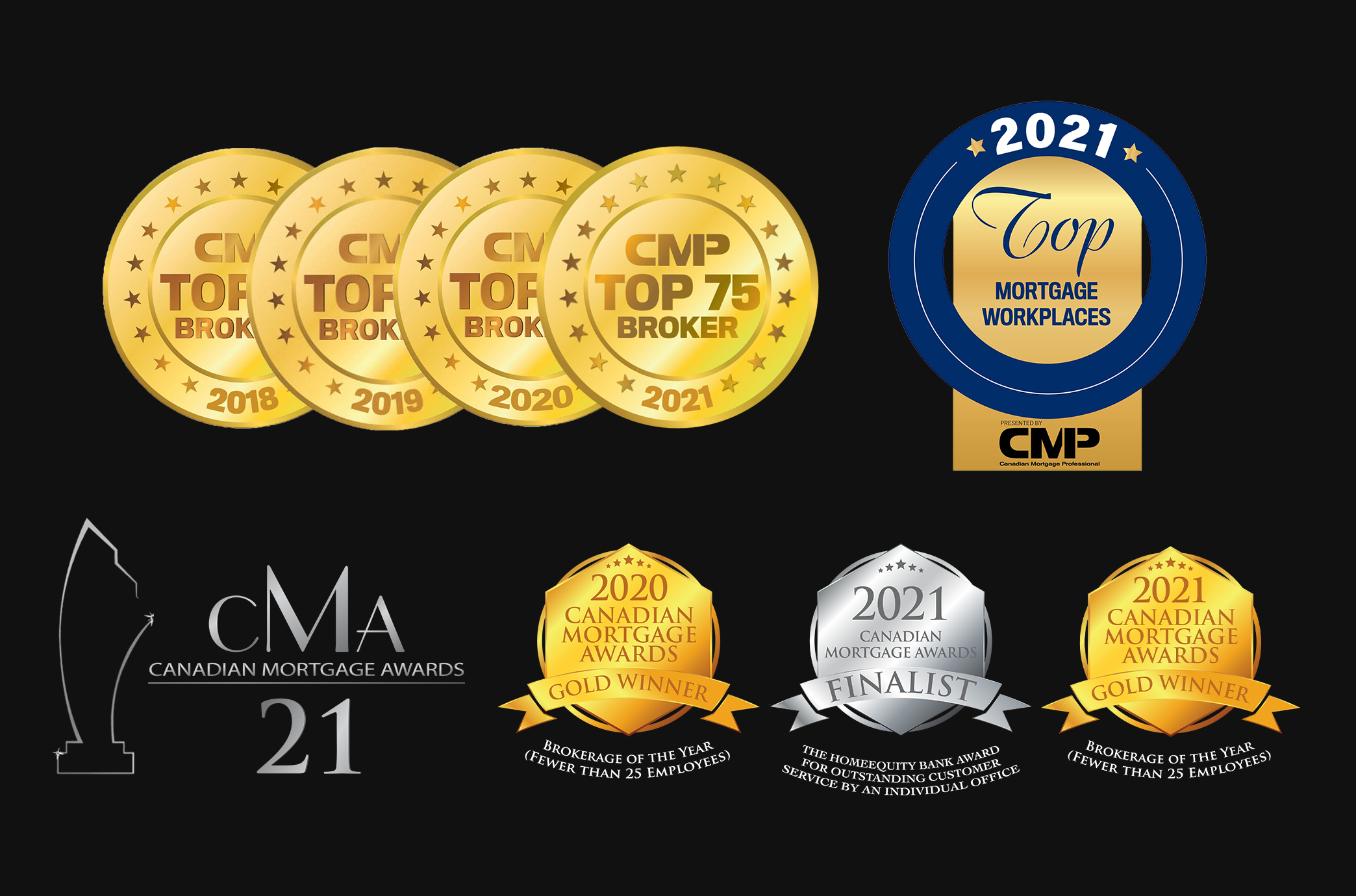Great Mortgages. The Right Insurance. Expert Advice.
Insured Purchase Cap Increase and 30 Year Amortizations
- Increasing the $1 million price cap for insured mortgages to $1.5 million (effective Dec 15th)
- Expanding eligibility for 30-year mortgage amortizations to all first-time homebuyers and to all buyers of new builds (effective Dec 15th)
Read the announcement here [click here to read the Government press release].
These changes are aimed at buyers purchasing a principal residence for up to $1,499,999, who need to (or want to) put less than a 20% down payment. The combined impact of these changes should open up more opportunities for buyers particularly in the higher priced real estate markets like Toronto.
QUANTIFYING THE POTENTIAL IMPACT
1) ACCESS TO HIGHER PURCHASE PRICES WITH < 20% DOWN PAYMENT
- Currently, if a buyer wants to purchase for $1,499,999, they would need a down payment of $300,000 or more (20%+)
- Effective December 15th, a buyer could purchase a $1,499,999 primary residence with as little as $125,000 down payment (5% on the first $500,000 and 10% on the remainder up to $1,499,999).
- NOTE: an “insured purchase” or “insured mortgage” is a purchase where the buyer is putting less than a 20% down payment. Currently the minimum down payment for an insured purchase/mortgage is 5% on the first $500,000 of the purchase price and 10% on the remainder. The current maximum purchase price to qualify for an insured mortgage is $999,999, but will be increasing to $1,499,999 on December 15th (anything over the maximum purchase price requires 20% or more down payment).
- For first-time homebuyers, and all buyers of new builds, effective December 15th insured mortgages can have an amortization of up to 30 years (currently capped at 25 years).
- A longer amortization results in lower monthly payments as illustrated below:
- Example 1: Amortization = 25 years, fixed rate = 4.29%, mortgage amount = $800,000 // Monthly Payment would be $4,334.857/mth
- Example 2: Amortization = 30 years, fixed rate = 4.29%, mortgage amount = $800,000 // Monthly Payment would be $3,936.53/mth
- NOTE: The amortization is the time it will take to pay off your mortgage. The amortization period is an estimate based on your interest rate and a stream of equal monthly payments. A longer amortization will result in lower monthly payments, but higher total interest costs over the life of the mortgage, all else being equal.
3) ACCESS TO POTENTIALLY LOWER RATES
- Given that an insured mortgage is backstopped by the government in the case of a customer mortgage default, insured mortgage rates tend to be lower than uninsured mortgage rates.
- For a typical 5-year fixed mortgage, insured mortgage rates are typically around 0.50% (50 basis points) less than uninsured mortgage rates. This is based on a 3 year historical average and can vary greatly depending on lender, market conditions, etc.
- For example, a sample 5-year fixed “uninsured mortgage rate” may be available at 4.79%, while a sample 5-year fixed “insured mortgage rate” may be available at 4.29%.
- NOTE: while the rate for an insured mortgage may be lower, a buyer needs to pay an insurance premium. The cost of this insurance premium typically ranges from 2.8% to 4.0% of the total loan, and will be based on the down payment amount [click here to learn more – note that the CMHC website has yet to be updated with the change]. While the insurance premium can be paid up front, it is typically rolled into the mortgage and paid over the amortization period.



